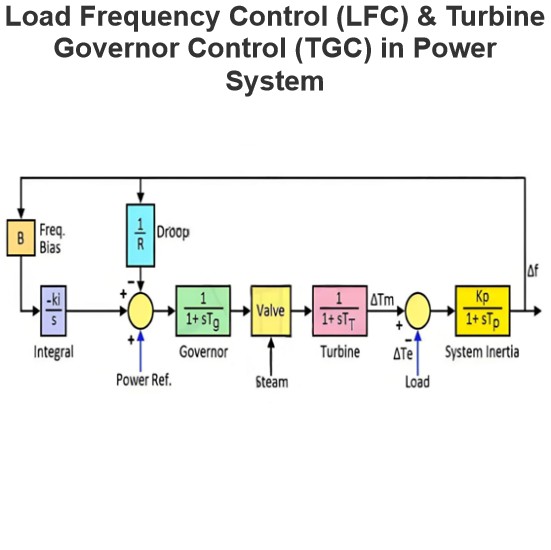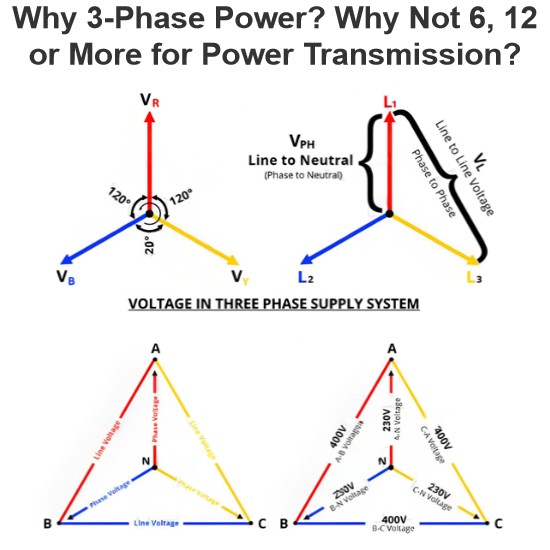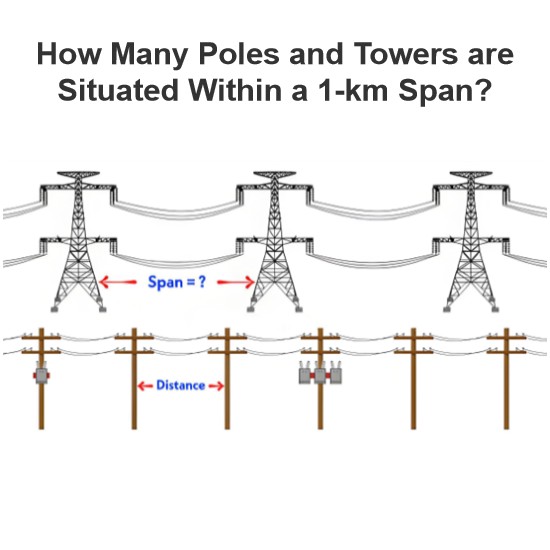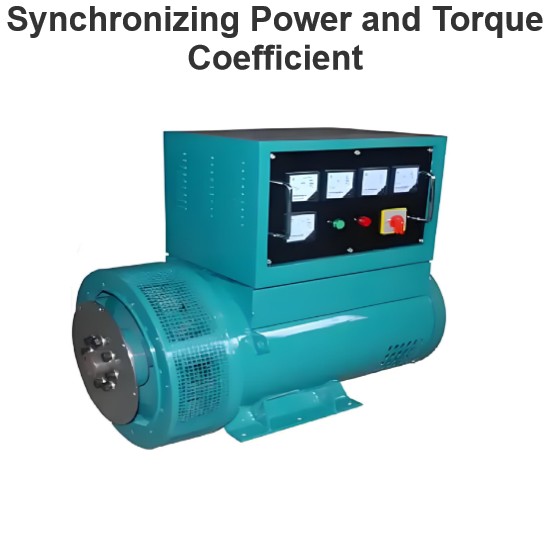What is the reason for avoiding the use of capacitors with resistive loads?
Avoiding the use of capacitors in circuits with resistive loads is primarily due to the different electrical characteristics of capacitors and resistors, and their distinct behaviors and roles in circuits. Here are some of the main reasons:
1. Energy Storage and Release
Capacitors: Capacitors are energy storage elements that can store charge and release it when needed. When charging, charge accumulates between two conductive plates, creating an electric field. When discharging, the charge is released through the circuit.
Resistors: Resistors are dissipative elements that convert electrical energy into heat, consuming the energy.
2. Frequency Response
Capacitors: Capacitors have lower impedance at high frequencies and higher impedance at low frequencies. This means capacitors can be used to filter, couple, and decouple high-frequency signals.
Resistors: The impedance of resistors is independent of frequency, meaning they have the same impedance for all frequencies.
3. Phase Relationship
Capacitors: In AC circuits, the current through a capacitor leads the voltage by 90 degrees. This means capacitors can alter the phase relationship in the circuit.
Resistors: In AC circuits, the current and voltage through a resistor are in phase, with no phase difference.
4. Energy Dissipation
Capacitors: Ideal capacitors have minimal energy loss during charging and discharging; they simply store and release energy temporarily.
Resistors: Resistors continuously consume electrical energy and convert it into heat, leading to energy loss.
5. Circuit Stability
Capacitors: Capacitors can be used to stabilize circuits, such as in power filtering and decoupling circuits, where they help smooth out voltage fluctuations.
Resistors: Resistors are used to limit current and divide voltages, but they do not provide stable voltage output.
6. Practical Applications
Filter Circuits: Capacitors are commonly used in filter circuits, combined with resistors to form RC filters for noise reduction and voltage smoothing.
Coupling and Decoupling: Capacitors are used in coupling and decoupling circuits to prevent the passage of DC components while allowing AC signals to pass.
Oscillator Circuits: Capacitors and inductors can form LC oscillator circuits to generate signals at specific frequencies.
Reasons to Avoid Using Capacitors
Unnecessary Energy Storage: In purely resistive load circuits, capacitors introduce unnecessary energy storage and release processes, which can complicate circuit behavior.
Phase Mismatch: The phase characteristics of capacitors can lead to phase mismatches in the circuit, affecting its proper operation.
Energy Loss: Although capacitors themselves do not dissipate energy, the charging and discharging processes can cause additional losses in other components.
Stability Issues: Adding capacitors can alter the stability of the circuit, especially in feedback and oscillator circuits.
Summary
Avoiding the use of capacitors in resistive load circuits is mainly to simplify circuit design, avoid unnecessary energy storage and phase mismatches, and ensure the stability and efficiency of the circuit. If you need to use capacitors in a circuit, ensure you understand their characteristics and impacts, and choose the appropriate components based on specific requirements.
The Electricity Encyclopedia is dedicated to accelerating the dissemination and application of electricity knowledge and adding impetus to the development and innovation of the electricity industry.













